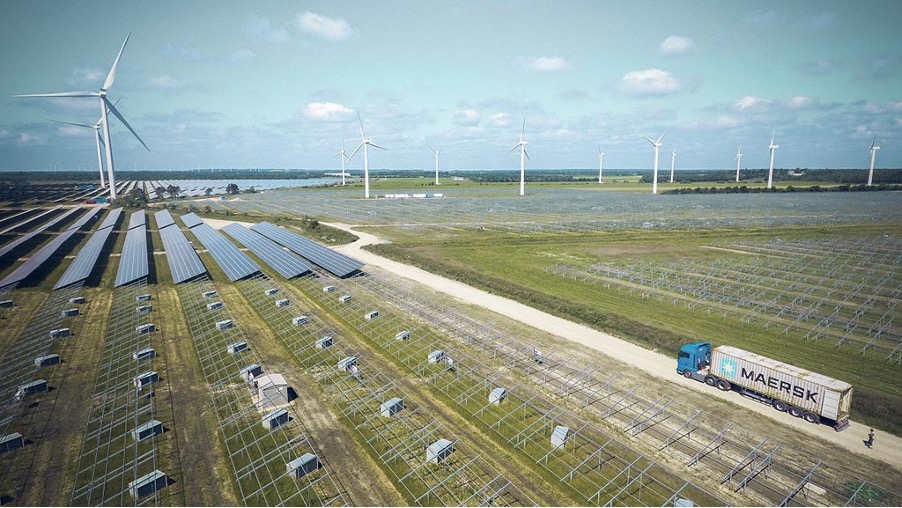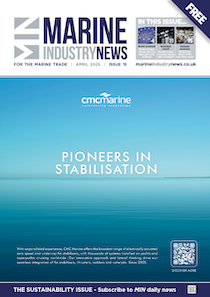Maersk cuts decade off target for net-zero emissions

A.P. Moller – Maersk has announced new emissions targets which include a commitment to deliver net-zero supply chains to customers by 2040 – one decade ahead of its initial 2050 goal.
According to the Higher Institute of Maritime Economics (Isemar), global maritime transport is more polluting than the aviation sector, and 2018 figures from the International Maritime Organisation (IMO) show maritime transport is responsible for 2.98 per cent of global greenhouse gas emissions (https://www.france24.com/en/live-news/20210824-maersk-orders-eight-carbon-neutral-container-ships). However, Maersk’s new initiatives will go beyond its previous efforts to reduce emissions related to the just the ocean fleet as they cover all direct and indirect emissions across the entire company’s business.
“As a global provider of end-to-end logistics services across all transport modes, it is a strategic imperative for Maersk to extend our net-zero ambition to the total footprint of the business,” says Soren Skou, CEO of A.P. Moller – Maersk. “The science is clear, we must act now to deliver significant progress in this decade. These very ambitious targets mark our commitment to society and to the many customers who call for net-zero supply chains.”
Maersk, which operates in 130 countries and employs around 95,000 people, has set near-term targets for 2030 to ensure significant progress on reducing its direct emissions already in this decade. These include a 50 per cent reduction in emissions per transported container in the Maersk ocean fleet and a 70 per cent reduction in absolute emissions from fully controlled terminals. Depending on growth in the ocean business, this, the company says, will lead to absolute emissions reduction between 35-50 per cent from a 2020 baseline.
“Our updated targets and accelerated timelines reflect a very challenging, yet viable pathway to net zero which is driven by advances in technology and solutions,” says Maersk’s CEO of fleet & strategic brands, Henriette Hallberg Thygesen. “What is needed is a rapid scale-up which we will strive to achieve in close collaboration with customers and suppliers across the entire supply chain.”
As recommended by the Science Based Targets initiative (SBTi), over the decade, Maersk says it will go above and beyond the 1.5°C-aligned targets and invest in building a portfolio of natural climate solutions that will result in around five million tons of CO2 savings per year by 2030.
To maximise progress towards net-zero supply chains in 2040, the following decarbonisation 2030 targets for a range of green product offerings are being introduced:
- Ocean: 25 per cent of all cargo transported using green* fuels
- Air: minimum 30 per cent of cargo transported using Sustainable Aviation Fuels (SAF)
- Contract Logistics (warehouses and depots) and Cold Chain: minimum 90 per cent green* operations
- Inland transportation: industry leading green offering (targets will be set during 2022)
All these will utilise green technologies and solutions to ensure they provide real emission reductions within the supply chain, and complement the company’s existing solutions of Maersk’s Emissions Dashboard and Maersk ECO Delivery.
Covering indirect emissions means the targets also address emissions from third-party suppliers’ operations such as inland transport services and vessel building. Tackling this challenge, Maersk says, will require extensive data insights and close collaboration with local and regional suppliers of products and services across its business footprint.
* Green means fuels or energy that have low or very low greenhouse gas emissions on a life cycle basis.











